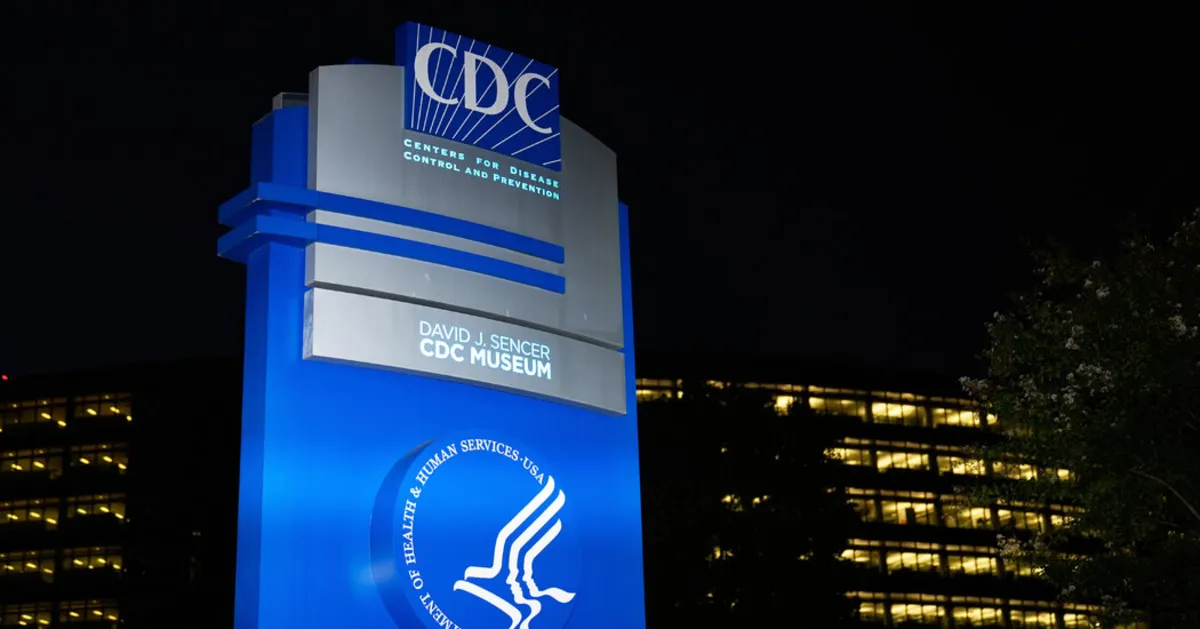
The recent mass layoffs of federal workers on Friday night have raised significant concerns, particularly affecting the top two leaders of the federal measles response team. This decision comes at a critical time as the nation is currently grappling with the highest number of measles cases recorded since 2000, a year when measles was declared eliminated in the United States. The layoffs also included dozens of other agency scientists with expertise in infectious diseases that pose potential pandemic threats.
Officials from the Trump administration have previously justified layoffs at the Centers for Disease Control and Prevention (CDC) as necessary to reduce organizational bloat and refocus on infectious disease control. While earlier reductions in force (R.I.F.s) spared most infectious disease teams, the latest round of layoffs has seen hundreds of scientists dismissed, including those dedicated to combating measles and managing an Ebola outbreak in the Democratic Republic of Congo.
The recent firings have not only affected the measles response team but also a crucial unit that supports the surveillance of infectious diseases. Leaders from the CDC’s center overseeing immunization and respiratory diseases were also cut. In a shocking move, members of the Epidemic Intelligence Service, the elite group of "disease detectives" typically deployed to outbreak sites, were dismissed. Additionally, the team responsible for compiling the CDC’s Morbidity and Mortality Weekly Report, a prestigious publication that details the agency’s recommendations and outbreak data, has been disbanded.
Dr. Debra Houry, the former chief medical officer of the CDC, expressed grave concerns about the implications of these layoffs. “This is going to be devastating to Americans and to the global community,” she stated. “They are dismantling public health.” Dr. Houry emphasized that removing critical response capabilities for outbreaks jeopardizes lives. The Department of Health and Human Services has yet to respond to requests for comment regarding these layoffs.
It remains unclear whether some of the individuals fired were let go in error. Athalia Christie, who served as “incident commander” of the measles response, possesses nearly 30 years of experience in outbreak management, including Ebola, Marburg, and mpox, formerly known as monkeypox. Notably, the White House frequently sought her expertise during outbreaks. Dr. Demetre Daskalakis, a former leader of the respiratory disease center, highlighted that Christie was well-regarded within the administration, raising questions about the decision-making process behind these layoffs.
Dr. Daskalakis also mentioned that another senior infectious disease expert, Maureen Bartee, was affected by the layoffs while working at the Department of State. Both experts were under the director’s office of the CDC’s Global Health Center, which was eliminated in the layoffs. This move illustrates a fundamental misunderstanding of the interconnectedness of public health operations, as emphasized by Dr. Daskalakis.
With dozens of measles outbreaks reported this year and over 1,500 cases documented, the absence of teams dedicated to tracking these outbreaks raises significant alarms. “Without the teams that support tracking of outbreaks, the officers who help manage them, or the publication that communicates the data, you’re not going to even know what’s happening until the state tells you,” Dr. Daskalakis warned. He expressed deep concern that the current situation could create opportunities for severe public health crises to emerge.